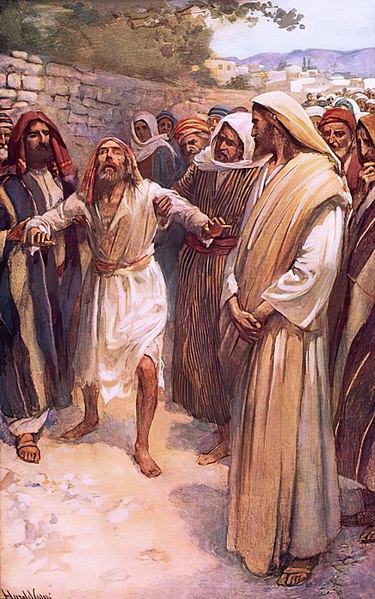Generating page narration, please wait...

TIMELINE
Kurtis Blow 2
Listen to NPR's three-minute interview with Kurtis Blow on how he uses hip-hop in the liturgy of his worship service. In the absence of observing a full service online, it is apropos to quote extensively from Zanfagna's essay on his firsthand review of Kurtis Blow's ministry that took place at the Holy Trinity Evangelical Church of American in Inglewood, California:
At one such service I attended at Holy Trinity in 2006, a small, motley youth choir sang soaring harmonies over an instrumental version of Snoop Dogg and Pharrell's 2002 hit track "Beautiful," changing the lyrics from "Beautiful, I just want you to know, you're my favorite girl" to "Beautiful, I just want you to know, you're my favorite God." This was one of many instances of flippin' the script(ure) that took place at the Hip-Hop Church L.A. The original video for the song featured a bevy of Brazilian women in barely-there bikinis while Snoop rapped, "Don't fool with the playa with the cool whip." As if to preemptively address those who might throw stones at such a provocative song selection, Kurtis Blow, clad in baggy jeans, an oversized jersey, and silver cross necklace, offered the firm disclaimer: "This is not entertainment; this is not a show. This is ministry." When he called for an "Amen," the congregation responded with a resounding "Word!"-a common affirmation in hip-hop parlance that is linked to the Islam-derived Five Percent Nation aphorism, "Word is Bond." Kurtis Blow's hip-hop churches welcomed and fused many seemingly contradictory aspects of hip-hop culture.
Youth rose from the pews, one by one, to recite biblical passages over hip-hop backbeats while Kurtis Blow provided musical transitions on two turntables. The traditional Hymn of Praise was converted into a Rap of Praise, with lyrics that spoke of both divine supplications and worldly temptations. Kurtis's sermon, entitled "Holler at Ya Boy!" interpreted a passage from the book of Mark where Bartimaeus, blind and downtrodden, calls out to Jesus in faith for a divine blessing. Performing a unique hip-hop exegesis of the passage, Kurtis Blow interpreted Bartimaeus's call to Jesus as "hollering at his boy," transforming the slang term "holla" into a call of faith, and ultimately, equating the act of hollering to praying. He assured the youth that they could use their own language-the language of hip hop-to communicate with God. His sermon suggested that when your homies fail you, when your family fails you, when your teachers and city leaders fail you, even when your church fails you-when all else fails-then
Holla at ya boy, Jesus! He'll meet you wherever you're at.
(Zanfagna 2017, 56)






